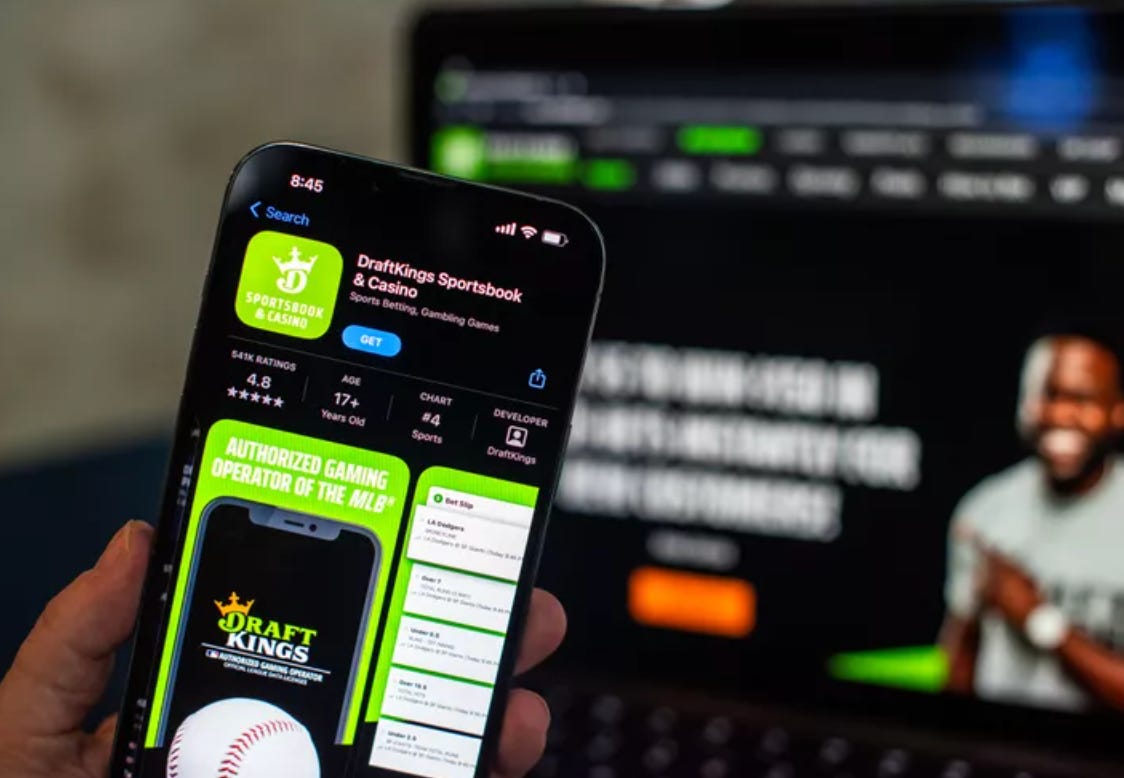'Baby Needs a New Pair of Shoes!' Vermont Sports Betting Revenue Below Projections
Bettors, particularly during the popular football season, performed significantly better than models anticipated, which directly reduced the state’s share of the proceeds.
In its inaugural year of legalized online sports gambling, Vermont’s tax revenue fell short of initial projections, a result state officials have attributed to an unexpected winning streak by the public. Bettors, particularly during the popular football season, performed significantly better than models anticipated, which directly reduced the taxable revenue for sportsbooks and, consequently, the state’s share of the proceeds earmarked for public programs.
The Numbers: Projections vs. Reality
Vermont officially launched its online sports betting market on January 11, 2024, with three approved operators: FanDuel, DraftKings, and Fanatics Sportsbook. Based on legislative analysis, the state had budgeted for approximately $7 million in tax revenue for the calendar year.
However, final figures showed that the state collected $6.34 million in sports betting taxes by the end of 2024. While the overall amount wagered—known as the handle—was strong for a state of Vermont’s size, the roughly 10% revenue shortfall highlighted the market’s inherent volatility.
Why Winning Bettors Mean Less State Revenue
State revenue from sports betting isn’t based on the total amount wagered. Instead, states levy taxes on the sportsbooks’ “adjusted gross revenue.” This figure is calculated by taking the total handle and subtracting the winnings paid out to bettors, along with other deductions.
When bettors win more frequently, the sportsbooks’ gross revenue shrinks. This smaller pot of money is what gets taxed. A key metric in the industry is the “hold percentage”—the portion of the total handle that sportsbooks keep as revenue after paying out winning bets. A typical hold is around 7-8%. During the fall of 2024, a nationwide trend saw this percentage dip as a series of “bettor-friendly” outcomes, where favorites consistently won or covered the point spread, led to higher payouts.
Where the Money Goes
The revenue generated from sports betting is allocated by state law to specific priorities. First, the funds are used to cover the operational and administrative costs incurred by the Vermont Department of Liquor and Lottery in regulating the industry.
After those expenses are paid, the law mandates that $250,000 be transferred annually to the state’s Responsible Gaming Special Fund. This fund is dedicated to creating and supporting programs for problem gambling prevention and treatment—a critical component of the state’s approach to legalized wagering.
Any revenue remaining after these two obligations are met is deposited into Vermont’s General Fund. The General Fund supports a wide array of public services across the state, including education, public safety, infrastructure, and healthcare. Therefore, the revenue shortfall directly translated to less discretionary funding than anticipated for these core state services.
A National Trend Hits Home
The lower-than-average hold percentage was not unique to Vermont. Sportsbooks across the country reported similar challenges during the latter half of 2024, especially in high-volume markets like the NFL and college football.
Wendy Knight, commissioner of the Vermont Department of Liquor and Lottery, confirmed this in a report issued in January of this year. “The winning payouts are consuming more of the handle, which means we have less adjusted gross wagering revenue,” Knight stated.
Future Outlook
Despite not meeting the initial forecast, state officials have noted the strong public interest in the new market. The experience of the first year serves as a crucial case study, demonstrating the need for conservative revenue projections that account for the unpredictable nature of sports outcomes. While Vermont remains optimistic about the long-term potential of sports betting as a revenue stream, its first-year results are a clear reminder that in the world of gambling, the house—and the state programs it helps fund—doesn’t always win as much as it expects.
This article is based on the reporting and public statements made by Vermont state officials, including the Vermont Department of Liquor and Lottery, in early 2025 regarding the state’s sports betting revenue for the 2024 calendar year, as well as the text of the enabling legislation (H.127).



